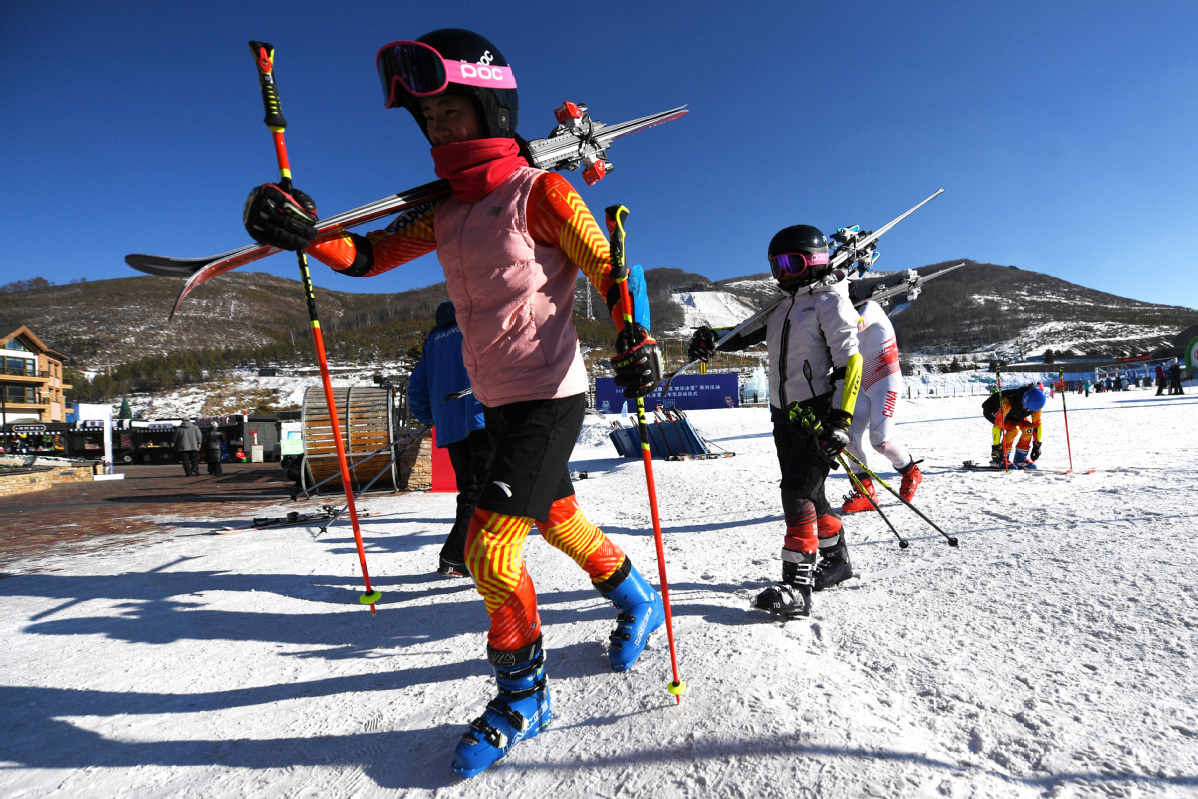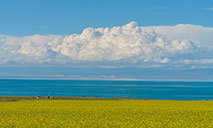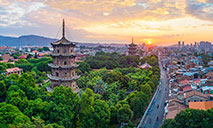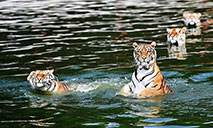China moves to expand, regulate sports tourism

Skiers hit the slopes at Thaiwoo Ski Resort in Zhangjiakou, Hebei province on Tuesday. (Wei Xiaohao/China Daily)
Sports tourism gives people a stronger sense of participation, and is a sector that has grown rapidly in China in recent years. Meanwhile, industry insiders are calling for efforts from the sector to guarantee tourists' safety, formulate standards and improve regulations, and train more talents.
Scenic spots that are also destinations for camping, rafting and hiking are among the best-selling products of many travel agencies, Worker's Daily has found.
According to a report on sports tourism jointly released by the China Tourism Academy and online travel agency Mafengwo, different places have cultivated their own sports tourism products by making use of local natural resources.
For instance, snow and ice tourism products are the most striking feature of north and northeast China, while hiking through valleys, mountain biking, and desert hiking are popular products in central and western China.
To better integrate sports with tourism and satisfy people's growing demand for outdoor sports, the General Administration of Sport of China (GAS) and the Ministry of Culture and Tourism have jointly released high-quality sports routes during holidays in recent years.
According to Zhang Youyin, an associate professor with the leisure and tourism department with Beijing Sport University, tourists nowadays are looking for a higher level of participation in their trips, as opposed to only going sightseeing. Responding to this change, scenic spots have consequently made moves to develop sports tourism products to ensure tourists stay longer.
Bu Ding is a sports tour guide who has 7 years of experience in the industry. He says that mountaineering, marathons, cycling, and hiking are the sports people are most likely to take part in.
Bu Ding once led 120 people on an adventure in the Kubuqi Desert in north China's Inner Mongolia Autonomous Region. "I was very excited at the beginning, then I felt my inner power bursting, and at the end of the trip I was running out of energy. Of course I was also touched by the magical power of nature during the adventure," he said.
Before the journey kicked off, Bu and his colleagues gave the participants training on theoretical knowledge, and practical skills such as self-rescue in emergency situations. In addition, they also simulated the adventure at the edge of the desert before embarking on the actual journey. As Bu Ding says, preparations and safety guarantees are also a very important part of sports tourism.
At a summit on the integration of culture, sports and tourism held this May, an official with the GAS noted that domestic sports tourism has taken on valuable opportunities for development, as people nowadays put health above anything else.
Pointing out the lack of sufficient policies and standards to regulate the sector, and the fact that enterprises are unable to provide appealing jobs for talents, Zhang suggested that the relevant authorities take action by issuing standards and regulations, improve training systems, and fostering star enterprises.
Photos
Related Stories
- China stresses anti-epidemic measures in cultural, tourism activities
- Jiayu Pass in NW China's Gansu a popular tourist destination in summer
- Expo shows post-pandemic resilience of China's tourism industry
- Researcher warns worsening relations with China could hurt Australia's tourism recovery
- Visitor arrivals still lackluster in Hong Kong amid epidemic
Copyright © 2021 People's Daily Online. All Rights Reserved.










